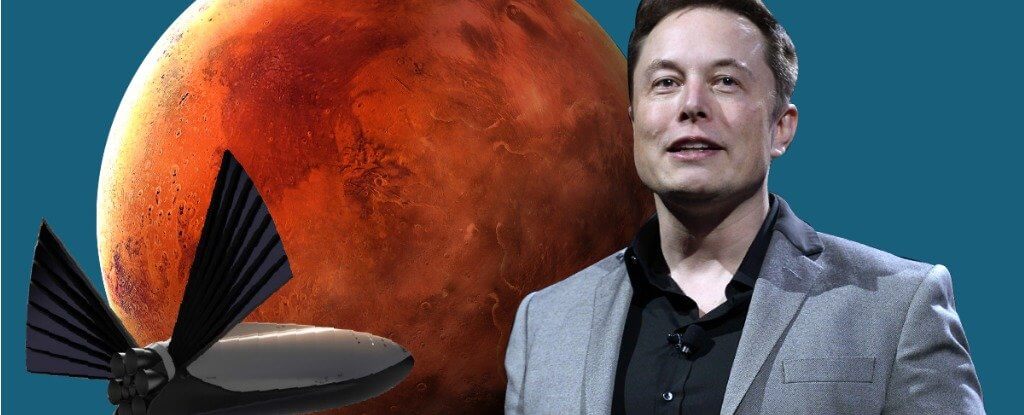
Last Friday, Elon Musk, head of SpaceX, presented a Grand vision of the future for your company and in particular the details of the plan to create a huge new missile, which theoretically can deliver humans to Mars, and if we succeed, then and in any point of the Earth in less than an hour. In other words, Musk intends to create a so-called missile public transport, designed to impose competition the same networks air passenger traffic.
Despite the fact that in this case, it will require the creation of a network is very expensive passenger rockets after last in Australia the presentation Musk said on his page in Instagram that “the cost of space will be comparable to the full cost of flights on the plane.” However, the calculations of third-party experts say that this is absurd.
“I think this is just an attempt to wishful thinking, not supported by anything real calculations”, — said Ella Atkins, Professor, Department of aerospace engineering University of Michigan, in an interview with Inverse.
“Well, they ignore the cost of fuel, prepare rocket for launch and download but who will build the launch pad? How will the infrastructure necessary for the operation and maintenance of such a network, for example, in bad weather?”
Of course, can not but rejoice the fact that one of the leading innovators in the world offers an alternative to the long and exhausting travel between continents. Any person who is experiencing discomfort from such long flights, but bound to do it, say, on duty, most likely, will agree that the sooner will be the journey, the better. But at the same time now there is absolutely no evidence to corroborate the statement that the cost of this technology will be comparable to the cost of a ticket for air passenger liner.
Atkins said that he did a quick calculation to roughly estimate the cost of flights between Detroit, mi and the Australian city of Perth. It turned out that the cost of a ticket for travel on Delta Airlines would be in this case from 2574 to 7762 dollars, depending on how many transfers a passenger would be willing to put up with. In addition, Atkins found that the cheapest ticket for non-stop travel between the Detroit and Beijing will cost 984 USD.
“It is obvious that a ticket to the missile will not cost less than one thousand dollars, that is equivalent to the cost of the ticket Detroit to Beijing on the plane,” says Atkins.
“It is also unclear how the missile will be able to carry enough passengers to provide the cost of the ticket at least 7.7 thousand dollars. It should be recalled that in addition to the actual cost of the rocket (the construction of which can be subsidized at the expense of investors or the government), the cost of each flight will be comprised of fuel costs between the flights and the training of these missiles for launch, and actually the compulsory maintenance”.
While really incomprehensible, transport how many passengers will be able to offer rocket BFR, but the price for the ticket including will be formed and at the expense of these figures. Regardless of what will be produced such missiles, what level of convenience they offer during the flight around the world in less than an hour, the probability that the ticket price for the flight will be comparable with the usual ticket on a passenger plane, tends to zero. At least at the beginning of using this type of passenger traffic.

“Public transport rocket Mask” – a beautiful fairy tale, experts say
Nikolai Khizhnyak